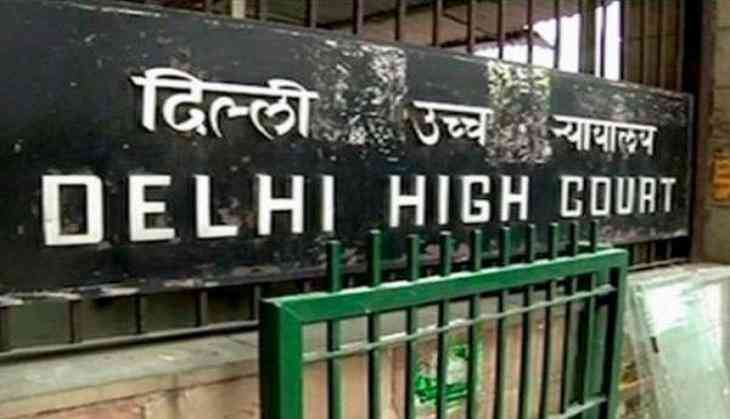
The Centre on Tuesday told the Delhi High Court that classification of citizens for the purpose of COVID-19 vaccination is based upon most rational and non-arbitrary criteria depending upon their vulnerability to the disease either due to age or nature of work or co-morbidity health situation and it may not be desirable to create a separate class consisting of lawyers and others below 45 years of age.
The government response came on public interest litigation initiated by the Delhi High Court on its own motion on the issue relating to the need for COVID-19 vaccination to Judges, the Court Staff and the lawyers.
The Delhi High Court has taken suo-motu cognisance of the issue saying that there is weight in the claim made by the Bar Council of Delhi for declaring all persons associated with the judicial functioning, which includes the Judges, the Court Staff and the lawyers as frontline workers so that they could receive a vaccination on priority, and without limitations of their age or physical condition.
However, the Centre told the Court that classification of citizens for the purpose of COVID-19 vaccination is based upon most rational and non-arbitrary criteria and thus any specific classification either based upon the nature of trade, profession or otherwise is neither possible nor advisable.
Centre told the Delhi High Court that the term "Front Line Workers" is used only for those citizens who are required to be directly exposed to the COVID-19 infected patients and thus, it may not be appropriate to discriminate them as against a separate class of lawyers as both are doing their respective duties towards the citizens under similar circumstances.
It may not be desirable to create a separate class consisting of lawyers and others below 45 years of age and discriminating other similarly situated citizens engaged in other trade, profession or business and working under similar geographic conditions and circumstances as such a classification would necessarily lead to discrimination as there are several other trades, business or professions who directly deal with the health, help and assist a common-man to provide his day-to-day requirements and are working in a small space with a large number, the government said.
The government also clarified that in so far export of vaccine to the other countries is concerned, it is submitted that once an epidemic takes the form of a pandemic, its management has to be done keeping the entire globe as a unit and in most circumstances, it is not possible to take either States-specific or country-specific approach, hence, the export of COVID-19 vaccine which facilitates global action to vaccination is important to simultaneously protect the high-risk population in all the counties of the world, thereby breaking the chain of transmission and minimising the chances of import of COVID-19 cases from foreign countries as well as neighbouring countries to India.
Centre submitted before Delhi High Court that India is not immune to pandemic till the World at large has contained the disease, Low/middle-income countries as well as nations with limited access to pharmaceutical technologies are at debilitating disadvantages in dealing with the pandemic, to this end, Govt of India has allowed only limited export of vaccines while according to highest priority to domestic needs.
(ANI)
Also Read: WB coal mining scam: SC to hear plea challenging Calcutta HC order allowing CBI to investigate case


